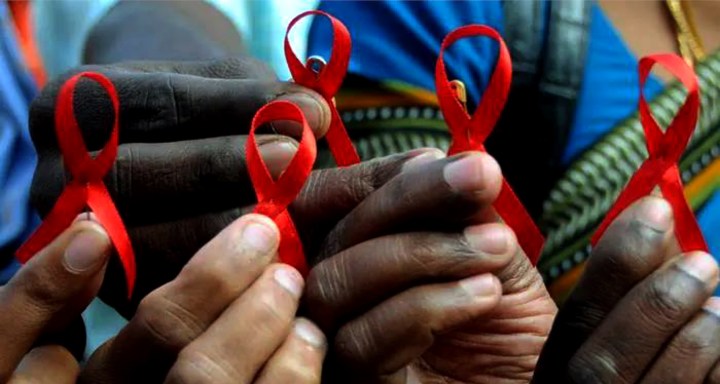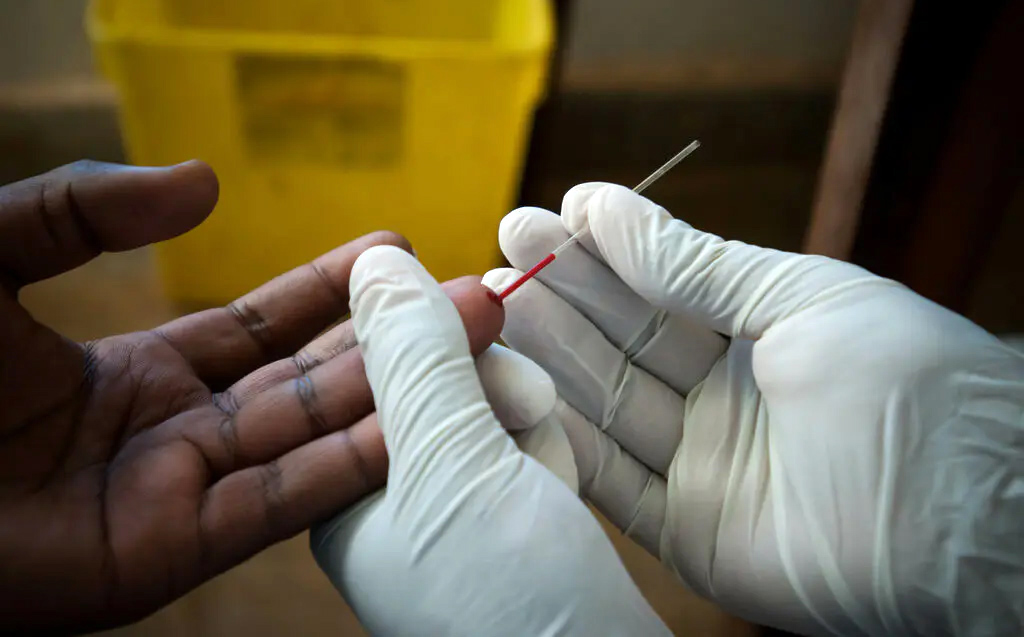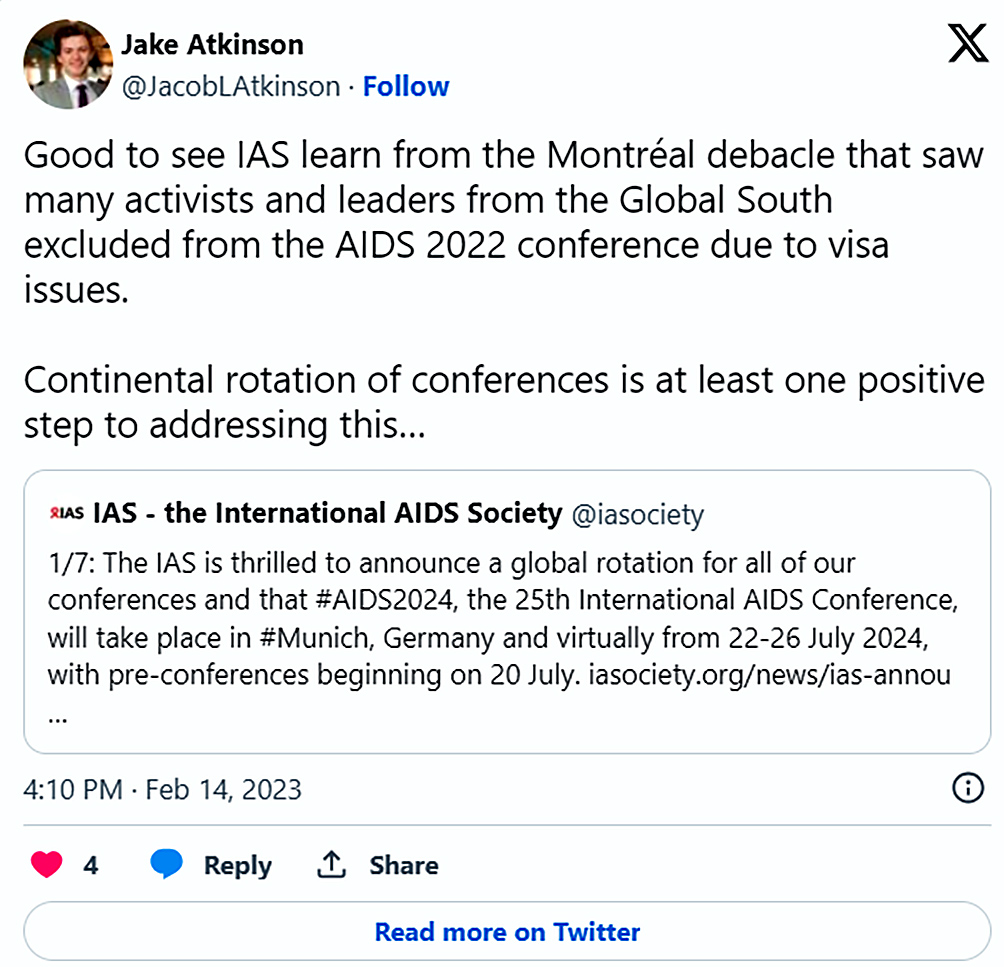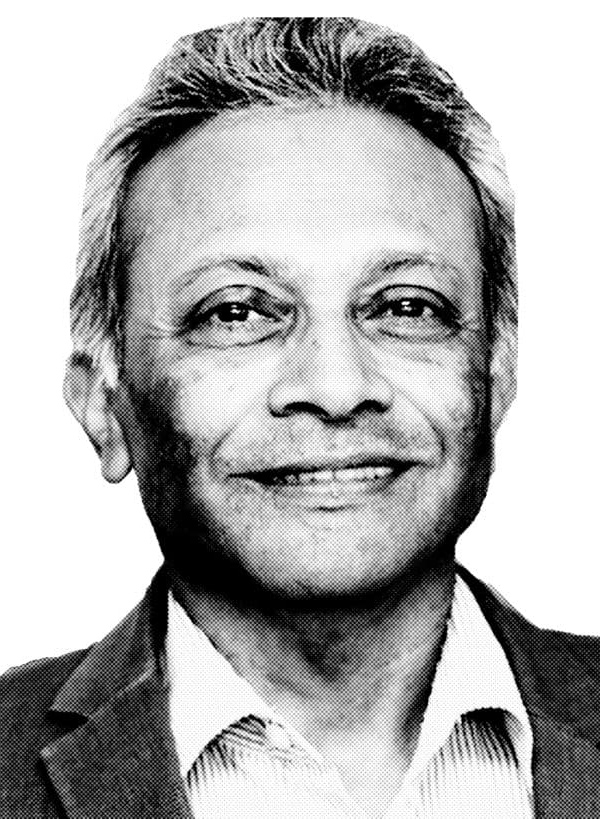SPOTLIGHT OP-ED
New control working group to propel African voices in the global HIV response

It is estimated that more than 65% of the global HIV burden is in sub-Saharan Africa. Now, in an attempt to propel African voices and perspectives in the next phase of the HIV response in Africa, a group of Africans has established an African-led HIV control working group. These experts from the continent aim to develop consensus perspectives on the long-term sustained control of HIV and prioritise the systems and capabilities to achieve it. Doctors Yogan Pillay and Izukanji Sikazwe explain the thinking behind the new working group and set out their objectives.
The response to the HIV epidemic is more than 40 years old. The African continent has been the most affected, with millions of people over the years having battled HIV-associated opportunistic infections and subsequent deaths, leaving millions of orphans and decimated communities and economies. By 1996, the scientific evidence was clear – combination highly active antiretroviral therapy (ART) prolonged and improved the quality of life of people living with HIV.
In 1998, the US Department of Health and Human Services released its first HIV treatment guidelines, changing the course of the HIV epidemic, but only for communities with access to ART. Despite these advances, Africans were among the last to benefit from lifesaving ART, largely because of cost and many people in the north believing it was not possible for African health systems to provide drugs to their people – as reported in the New York Times in 2001.
Shouldering the HIV burden
According to Unaids, of the 39 million people estimated to be living with HIV globally, 20.8 million live in eastern and southern Africa with a further 4.8 million in western and central Africa. This means that more than 65% of the global burden is in sub-Saharan Africa. Similarly, of the 1.3 million new HIV infections in 2022, Unaids reports that 660,000 were in countries in sub-Saharan Africa. With respect to treatment, 83% of people living with HIV in eastern and southern Africa are on ART, 78% in western and central Africa, but only 50% of those in the Middle East and north Africa (compared with 76% globally). In addition, the HIV epidemic in sub-Saharan Africa is heterogenous when compared with the epidemic in the US or Europe. HIV remains more prevalent among women than men, with heterosexual rather than homosexual encounters accounting for the majority of HIV transmission, higher rates of HIV and risk of new infections among female sex workers and their clients, and ongoing transmission from pregnant and breastfeeding women living with HIV to their children.

It is estimated that more than 65% of the global HIV burden is in sub-Saharan Africa. (Photo: Unicef Ethiopia / Spotlight)
A disenfranchised Global South
Given that the challenges presented by the evolving HIV epidemic and the public health response are mostly experienced in Africa, it has recently been asked why are most of the conferences on HIV held in the north. This approach prioritises researchers and other stakeholders from the north attending and presenting their research, most of which is conducted in Africa. This disenfranchises Global South researchers and stakeholders who have limited funding and enormous visa entry challenges with attending such conferences and taking part in discussions and debates.
An African-led HIV response
To address these inequities and propel African voices and perspectives in the next phase of the HIV response in Africa, a group of Africans approached the Bill and Melinda Gates Foundation to fund the establishment of an African-led HIV control working group (HCWG) of experts from the continent to develop consensus perspectives on the definition of long-term sustained control of HIV and prioritise the systems and capabilities to achieve it. The HCWG is co-chaired by Dr Izukanji Sikazwe and Dr Yogan Pillay. Its members have expertise in a wide range of topics, from epidemiology, clinical aspects of HIV, financing and economics, to lived experiences with HIV, advocacy and policymaking.

The vision of the HCWG is an “African-led response for long-term HIV control on the continent” and its mission is “finding sustainable solutions to end HIV as a public health threat in Africa led by African stakeholders, in partnership and solidarity with the global community”.
Read more in Daily Maverick: UNAids — 13 African countries on track to end Aids as public health threat but political challenges persist
It aims to contribute to the acceleration and coordination of African stakeholders’ HIV response with a consolidated and coherent approach; create a framework for reducing HIV as a public health threat and reprioritisation of HIV prevention; establish a platform to promote African governments’ ownership of the HIV response; and make recommendations that affect policy formulation, HIV control and sustainability.
The project also aims to offer recommendations to funders, African governments and implementing partners.
Independent and collaborative
The working group will be independent and not aligned with any funder, government or institution, and will represent African voices. Apart from its independence, its membership, which is representative of expert African technocrats and advocates, will collaborate with African government leadership, policy bodies and funders to influence policies and practices towards a sustained response. It will engage with a consultative group whose members are drawn from the African Union, the WHO, The Global Fund, Pepfar, the Africa CDC, UN Agencies, the African Development Bank, funders and community stakeholders.

Dr Yogan Pillay, director of HIV and TB Delivery at the Bill and Melinda Gates Foundation. (Image: Spotlight)
The working group was convened for the first time on 10 August. The thematic areas it will prioritise are broadly categorised into the following areas: Defining HIV control from an African perspective; governance and leadership to promote country-led HIV responses; HIV prevention; and health systems strengthening, including community systems. This effort will complement other efforts to mobilise African leaders to take greater responsibility for the response to HIV and Aids, including the recently held meeting of African ministers of finance. DM
Dr Pillay is the director of HIV and TB Delivery at the Bill and Melinda Gates Foundation. Dr Sikazwe is the CEO of the Centre for Infectious Disease Research in Zambia.
NOTE: The BMGF is mentioned in this article. Spotlight receives funding from the BMGF, but is editorially independent – an independence the editors guard jealously. Spotlight is a member of the South African Press Council.
This article was published by Spotlight – health journalism in the public interest.



















 Become an Insider
Become an Insider
Comments - Please login in order to comment.